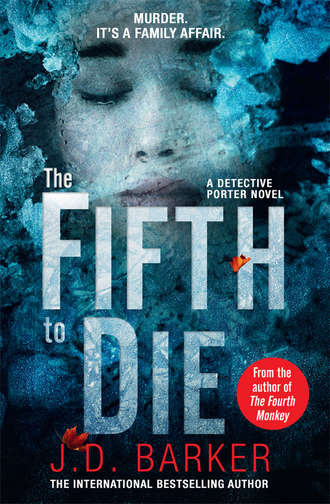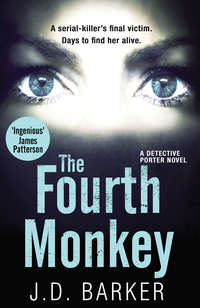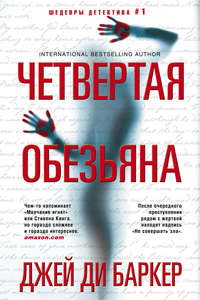The Fifth to Die: A gripping, page-turner of a crime thriller

Полная версия
The Fifth to Die: A gripping, page-turner of a crime thriller
Язык: Английский
Год издания: 2018
Добавлена:
Настройки чтения
Размер шрифта
Высота строк
Поля
Конец ознакомительного фрагмента
Купить и скачать всю книгу



